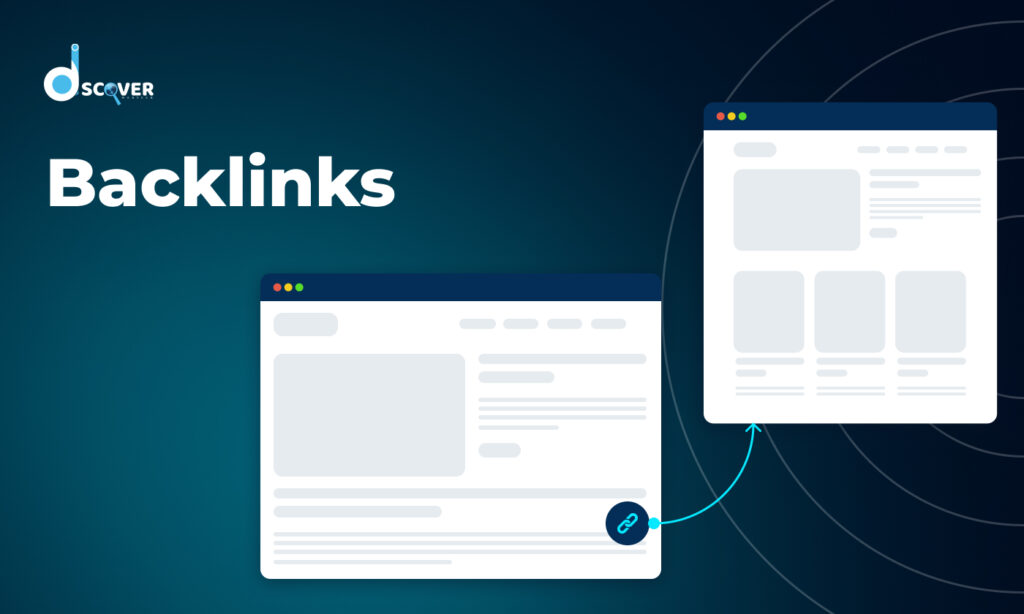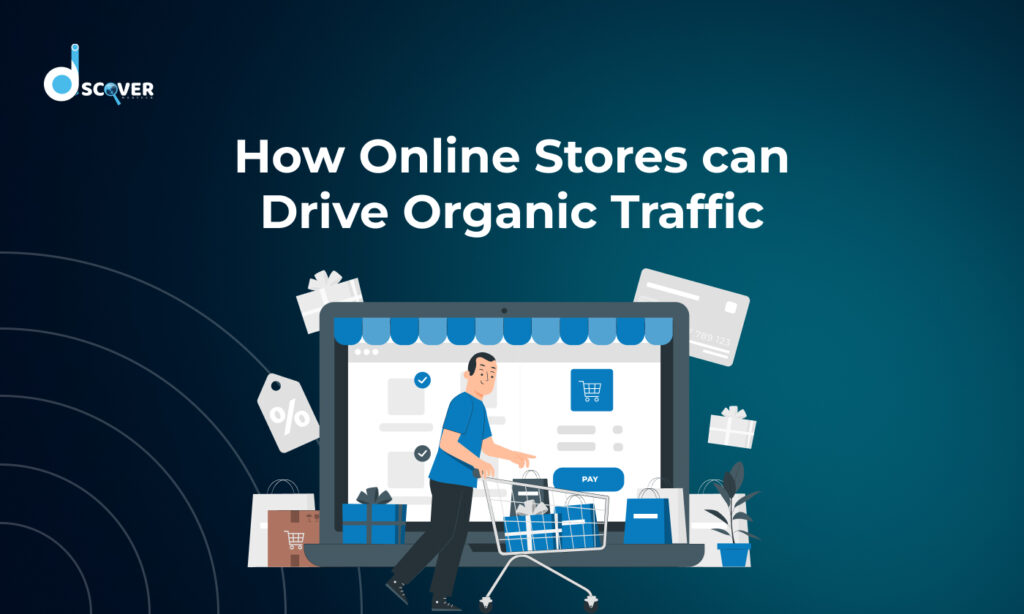
In the ever-evolving world of SEO, backlinks have always been a hot topic. They have been considered one of the most important factors for improving website rankings and building online credibility. However, with changing Google algorithms and modern SEO practices, many wonder: are inbound links still as important today as they once were? In this blog, we will explore the role of backlinks in modern SEO, their evolution, and why they still hold value in optimizing your website’s search engine performance.
The Evolution of Backlinks in SEO
In the early days of SEO, backlinks were seen as a straightforward signal of trust and authority. Websites with more backlinks were ranked higher in search engine results pages (SERPs). However, over time, search engines like Google updated their algorithms to make backlinking more complex.
Google’s algorithm updates, such as Penguin and Panda, changed how backlinks were treated. The focus shifted from quantity to quality. Previously, having a large number of backlinks from any source could boost your ranking. Now, Google places more emphasis on backlinks from trusted and relevant sources. This change was made to reduce the impact of low-quality backlinks and spammy practices. As an SEO expert, it’s important to understand these algorithm updates and adapt your backlink strategy accordingly.
Why Backlinks Matter in Modern SEO
Despite all the changes, backlinks are still crucial for SEO success. Let’s understand why:
- Building Authority and Trust
Quality backlinks signal to search engines that your website is a trustworthy source of information. When other reputable websites link to your content, it indicates to Google that your site is an authority in your niche. This helps improve your overall search engine ranking. - Boosting Organic Rankings
Backlinks continue to play a significant role in determining how well your website ranks in SERPs. Websites with a strong backlink profile tend to rank higher, as search engines trust them more. The more relevant, authoritative sites that link to you, the better your chances of appearing at the top of search results. - Driving Referral Traffic
Apart from improving search engine rankings, inbound links also bring direct traffic to your website. When users click on a link to your site from a trusted source, it can drive targeted traffic. This type of traffic tends to have a higher conversion rate since visitors are already interested in your topic.
Types of Backlinks and Their Value
Not all backlinks are created equal. There are different types of backlinks, each with varying levels of value for your SEO efforts.
- Do-Follow vs. No-Follow Links
A do-follow link passes SEO value from the referring site to the linked website, contributing to your ranking. A no-follow link, on the other hand, does not pass SEO value but can still drive traffic. While do-follow links are ideal for SEO, no-follow links still have their place in building a diverse backlink profile. - High-Quality vs. Low-Quality Backlinks
Quality always outweighs quantity when it comes to backlinks. A few high-quality backlinks from well-established, authoritative websites can be much more valuable than dozens of low-quality, irrelevant links. It’s important to focus on earning backlinks from reputable sources in your niche. - Natural vs. Manual vs. Self-Created Links
Natural backlinks are those earned without any direct intervention, usually because your content is valuable or useful. Manual backlinks are obtained through outreach or guest posting. Self-created links, such as those from blog comments or forum posts, are generally less valuable and can even be harmful if they appear spammy.
How to Build High-Quality Backlinks
Building high-quality backlinks requires effort and strategy. Here are some effective methods:
- Content Marketing and Guest Posting
Creating valuable and shareable content is one of the best ways to earn backlinks. When your content provides value, other websites and bloggers are more likely to link to it. Guest posting on reputable websites within your industry is another great way to build high-quality backlinks. - Influencer Collaborations and Outreach
Influencers in your niche can help you reach a wider audience and build backlinks. By collaborating with influencers, you can get your content linked on their blogs or social media platforms. Outreach to bloggers and webmasters for backlink opportunities can also help you gain high-quality links. - Broken Link Building and Resource Pages
Broken link building involves finding broken links on other websites and suggesting your own content as a replacement. Resource pages in your industry may also provide valuable backlink opportunities. Reach out to these sites and ask them to include your link.
Common Backlink Mistakes to Avoid
While building backlinks, there are several mistakes you should avoid:
- Overusing Spammy Links
Avoid relying on low-quality, spammy backlinks from irrelevant sources. These can negatively impact your SEO and even lead to penalties from Google. - Ignoring Link Relevance and Context
A backlink from an authoritative site is only valuable if it’s relevant to your content. Ensure the backlinks you acquire are contextually related to your niche or industry. - Buying Backlinks
Buying backlinks might seem like a quick way to boost your rankings, but it’s a risky strategy. Google’s algorithms are designed to detect unnatural link patterns. If you’re caught buying links, you could face penalties that harm your SEO efforts.
The Future of Backlinks in SEO
As SEO evolves, the role of backlinks is also changing. While they remain important, there is an increasing focus on other factors such as content quality, user experience, and page speed. Brand mentions and social signals are also gaining importance in the eyes of search engines.
In the future, it’s likely that backlinks will continue to be relevant, but their weight in ranking algorithms may be reduced in favor of more holistic SEO marketing strategy approaches.
Balancing Backlinks with Other SEO Strategies
While backlinks are essential, they are only one part of the SEO puzzle. To create a well-rounded SEO strategy, you should also focus on:
- Technical SEO and On-Page Optimization: Ensure your website is technically sound, with optimized page titles, meta descriptions, and a mobile-friendly design.
- Content Strategy and User Engagement: Creating high-quality, engaging content will naturally attract more visitors and encourage them to share your pages.
Final Thoughts
So, are backlinks still relevant in modern SEO? The answer is yes! While their role has evolved over time, they remain a crucial factor in improving website rankings, building authority, and driving traffic. However, to succeed in SEO, it’s essential to focus on acquiring high-quality, relevant backlinks and complement them with other SEO practices like content marketing, technical optimization, and user engagement. By striking the right balance, you can continue to see significant improvements in your SEO efforts. As a Digital Marketing Expert, understanding the value of backlinks and how to use them effectively will remain a key component of your SEO strategy.Check out our latest blog on Digital Marketing Agency for expert insights and strategies to boost your online presence!


